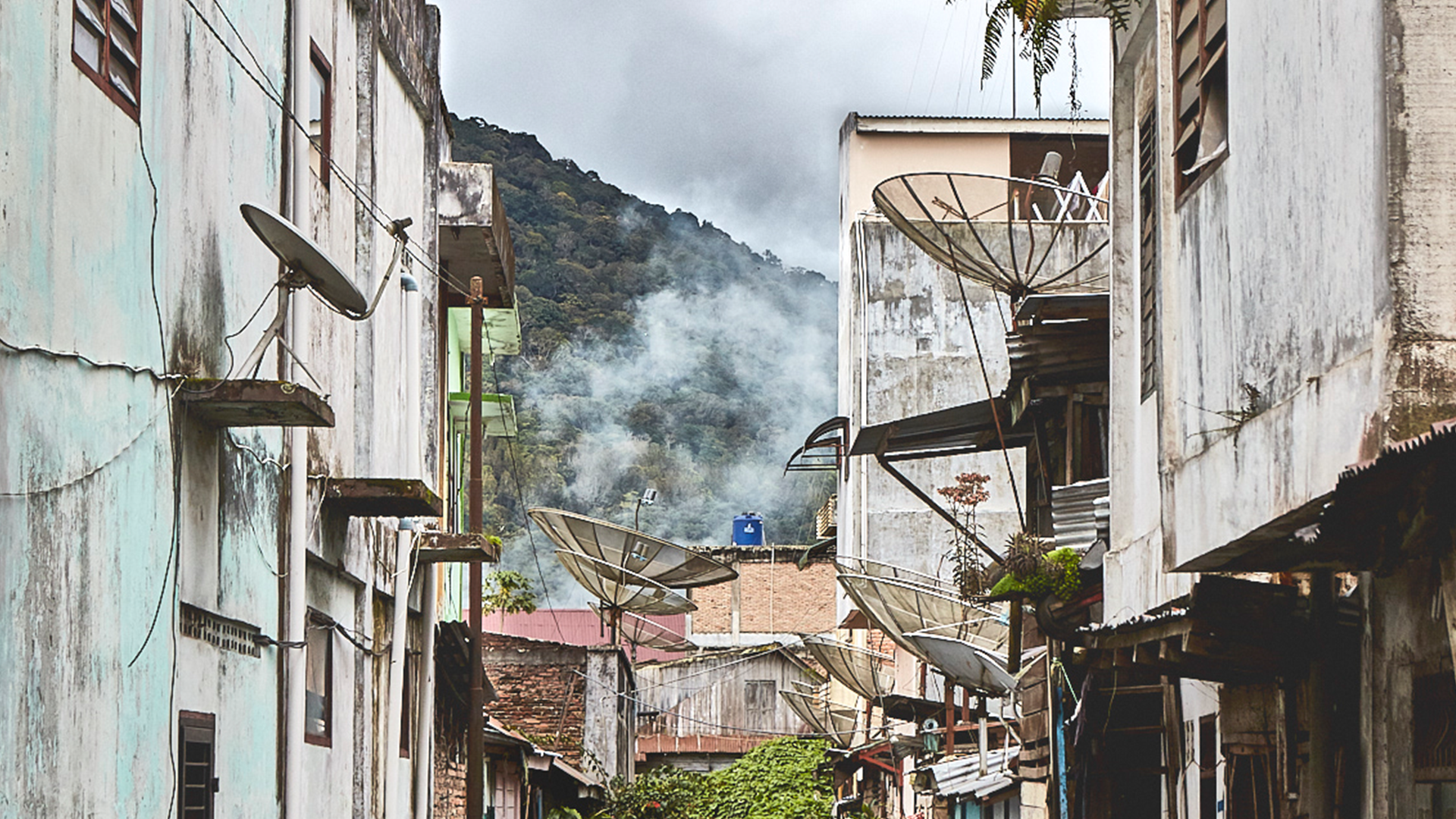Those who have followed our journey may remember that a very long time ago, we announced with a modest amount of fanfare that we bought a coffee mill in the Simalungun region in North Sumatra. That was way back in 2013.
It was an excellent idea at the time (obviously) as we believed that it would give us a better opportunity to support producers on the ground and give them direct access to the market. Our intention was to shine a spotlight on the excellent and uniquely profiled coffee coming out of the region and help build a reputation that would have global reach and create long-term demand, which in turn would give the region a much-needed economic lift. Ultimately, we hoped to help move the community one small step further from poverty.
Furthermore, we gifted equity of the mill to a local farming cooperative with the view that the farmers themselves needed to have some shared ownership in the supply chain outside of the coffee they produced.
The coffee we sourced from the Tiga Raja mill became well-known for its characteristic flavour profile and gained enthusiastic buyers in both Australia and the United States. Fast forward to about 2017 (with many containers shipped), Sumatra experienced massive harvest failures, so much so that there wasn't enough viable coffee to mill. The only decision we could make was to put the Tiga Raja mill into hibernation with the hope that once coffee cherry volumes increased in the region, we could unpause and get rolling again.
Then came Covid, which threw the whole of the coffee supply chain into Limp mode—so much so that coffee farmers started to pull out their coffee trees and plant other produce that could be sold more quickly into local markets to provide them with cash they needed so desperately.
That was then.
Covid is no longer the disrupter it once was, but the legacy impacts are still very real, especially in coffee-producing regions like Sumatra. A coffee tree takes three or four years to yield a crop, so even if farmers replant now, it will be years before they get any return—so how do they survive in the meantime?
This is where our participation in the local industry can have a real impact. The most important thing we can do right now is activate the mill and give the growers a long-term commitment that will provide them with access to the market. The real meaning of this is that we will commit to buying their coffee when the trees they plant now start to yield in a few years. We will also provide them agronomy support and education about increasing their quality and maximising their returns. We are also looking at ways to give farmers seedlings to help restart their farms.
We're not expecting to do all this alone. We have engaged a mill operator that is already active in the region. They have woken up our mill and readied it for production, making it even better than before. They have been visiting farmers who were part of the old supply chain, buying the small amount of coffee still being produced and promising our support to farmers to encourage them to get back into it. Better still, our beloved Tiga Raja mill is back processing coffee! We've cupped it and love it. It's very early days, but there is a buzz of excitement about Tiga Raja coffee. There is nothing else like it.
More announcements will be made in due course as the first harvest gets closer to landing on our shores. If ever there was a high-quality coffee that you bought for reasons of impacting people positively, this would be it!
















